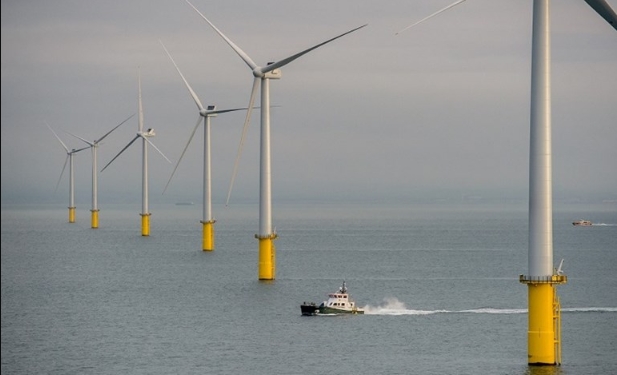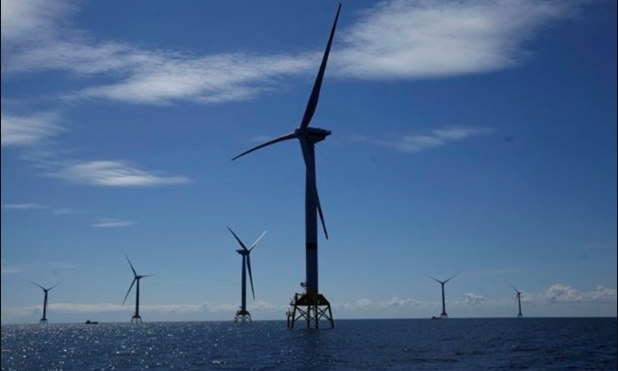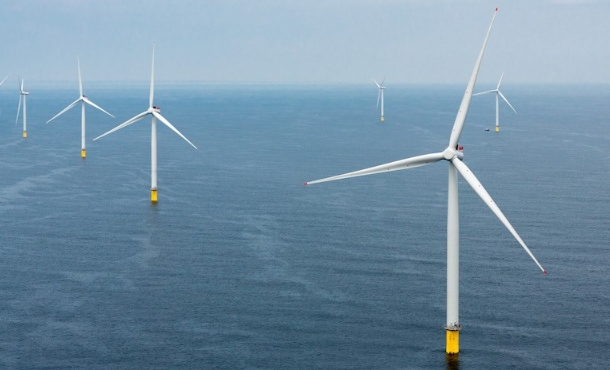The hearing in Ann Arbor, Michigan, will mark the second public meeting on the topic in as many days, airing the grievances of two key political constituencies that President Donald Trump has been working hard to win over ahead of next year’s election.
At issue is a proposal unveiled this month by Trump’s Environmental Protection Agency that would increase the amount of corn-based ethanol some oil refineries must blend next year to make up for volumes the agency expects to waive under its Small Refinery Exemption program.
The proposal was meant to please farmers, while securing a program the oil industry says is crucial to the survival of small oil refining facilities. It has instead drawn criticism from both sides, with the corn lobby saying it does not go far enough to help the ailing biofuel industry, and the oil industry complaining the proposal is unfair to the refineries that have to do more blending.
Under the U.S. Renewable Fuel Standard, the refining industry must add some 15 billion gallons of ethanol every year to its gasoline. But small individual facilities of 75,000 barrels per day or less can secure exemptions from the RFS in a confidential process, provided they prove compliance would cause them disproportionate economic harm.
The EPA has roughly quadrupled the number of waivers it has handed out to small refiners since Trump took office in January 2017, angering representatives of the corn industry who argue the exemptions hurt farmers by cutting ethanol blending volumes.
The oil industry says the waivers are crucial to the survival of small refineries and deny that the exemptions have a meaningful impact on ethanol demand.
On Tuesday, the House of Representatives Energy and Commerce Committee held a hearing to discuss the waiver program, at which biofuel industry representatives argued the EPA should limit their use and provide more information about applicants and recipients.







